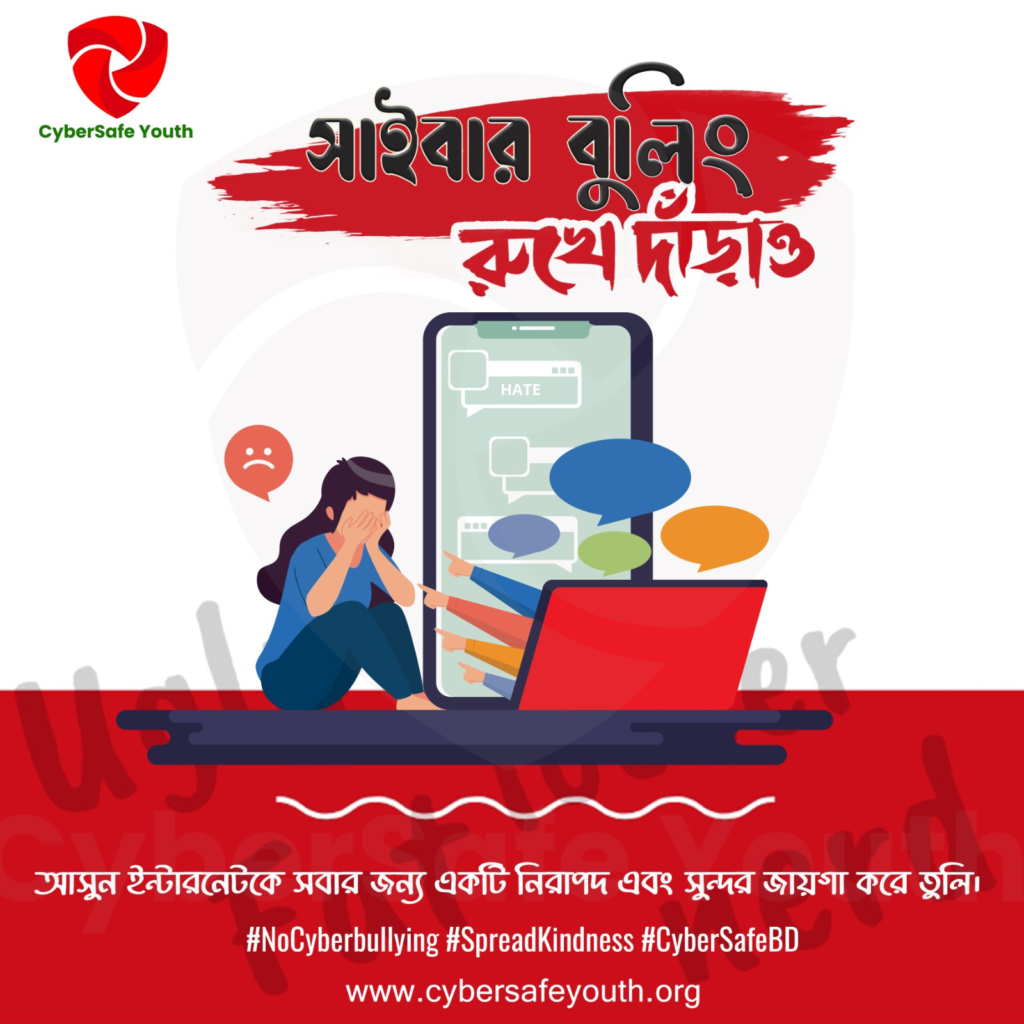Home >> Cyberbullying >> Tips for Teachers and Parents
Follow
Tips for Teachers Regarding Cyberbullying Prevention:
- **Educate Students**: Teach students about cyberbullying, its consequences, and the importance of responsible online behavior. Promote empathy and digital citizenship to create a respectful online community.
- **Encourage Open Communication**: Foster an environment where students feel comfortable discussing cyberbullying incidents. Encourage them to report any concerns without fear of judgment.
- **Stay Informed**: Stay up-to-date with the latest trends in social media and online platforms to better understand the challenges students face online.
- **Implement Internet Safety Lessons**: Include internet safety and cyberbullying prevention in your curriculum. Teach students about online privacy, password protection, and how to handle cyberbullying situations.
- **Establish Clear Policies**: Work with school administrators to create clear policies against cyberbullying. Ensure students know the consequences of engaging in such behavior.
- **Monitor Online Activities**: Keep an eye on students’ online activities, especially during school hours. Use internet filters and monitoring tools to detect potential cyberbullying incidents.
- **Organize Anti-Cyberbullying Events**: Conduct workshops, seminars, or assemblies to raise awareness about cyberbullying and its impact on students’ lives.

Tips for Parents Regarding Cyberbullying Prevention:
- **Engage in Open Conversations**: Talk to your child about online safety, cyberbullying, and responsible internet use. Establish trust so they feel comfortable discussing any concerns.
- **Set Online Boundaries**: Set clear rules and time limits for internet and device usage. Place computers in common areas of the house to monitor online activities.
- **Monitor Social Media Accounts**: Regularly check your child’s social media accounts and friends list. Ensure their profiles are set to private to limit exposure to strangers.
- **Teach Digital Etiquette**: Instill the importance of treating others with respect online. Encourage your child to think before posting or commenting, and to be mindful of the impact their words may have.
- **Report Cyberbullying Incidents**: Instruct your child to report any cyberbullying they experience or witness. Encourage them to speak up and seek help from a trusted adult.
- **Be a Positive Role Model**: Demonstrate responsible online behavior yourself. Your actions and words can influence your child’s behavior.
- **Encourage Offline Activities**: Encourage your child to participate in offline activities, fostering a healthy balance between online and real-life interactions.
- **Stay Informed and Involved**: Keep yourself updated on the latest social media platforms and trends. Be actively involved in your child’s online life without being intrusive.
By working together, teachers and parents can create a safe and supportive environment that helps prevent cyberbullying and promotes positive online experiences for children.
